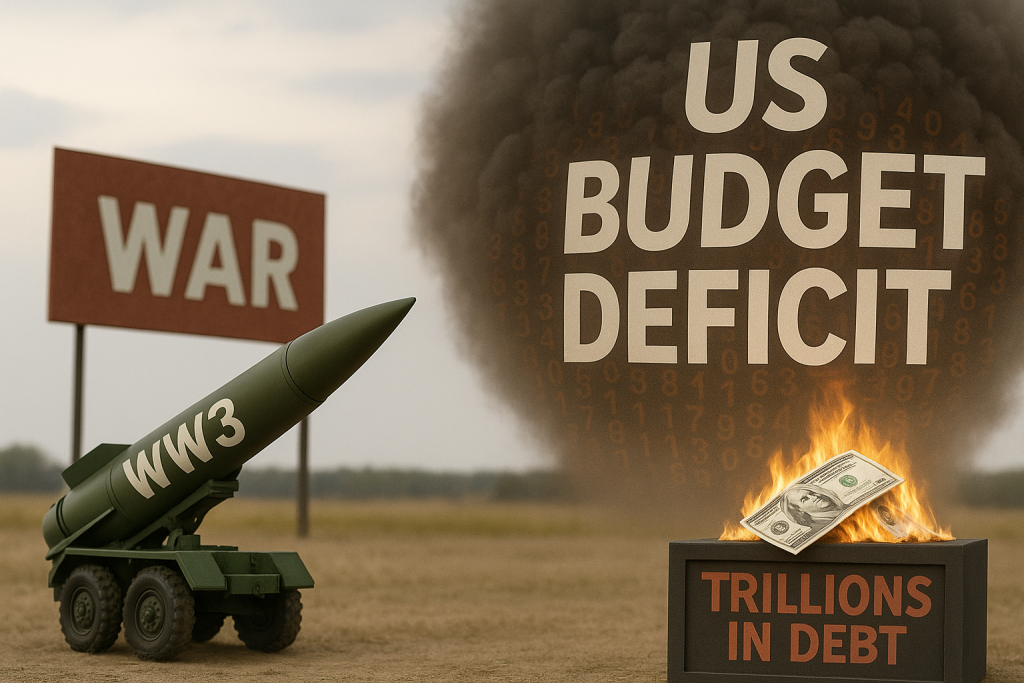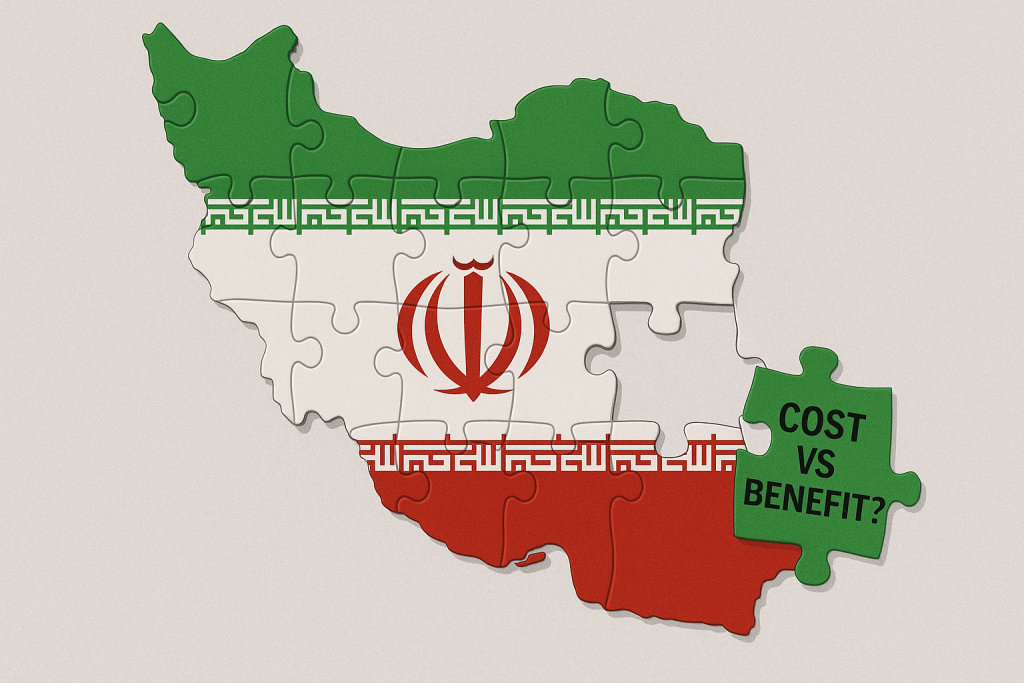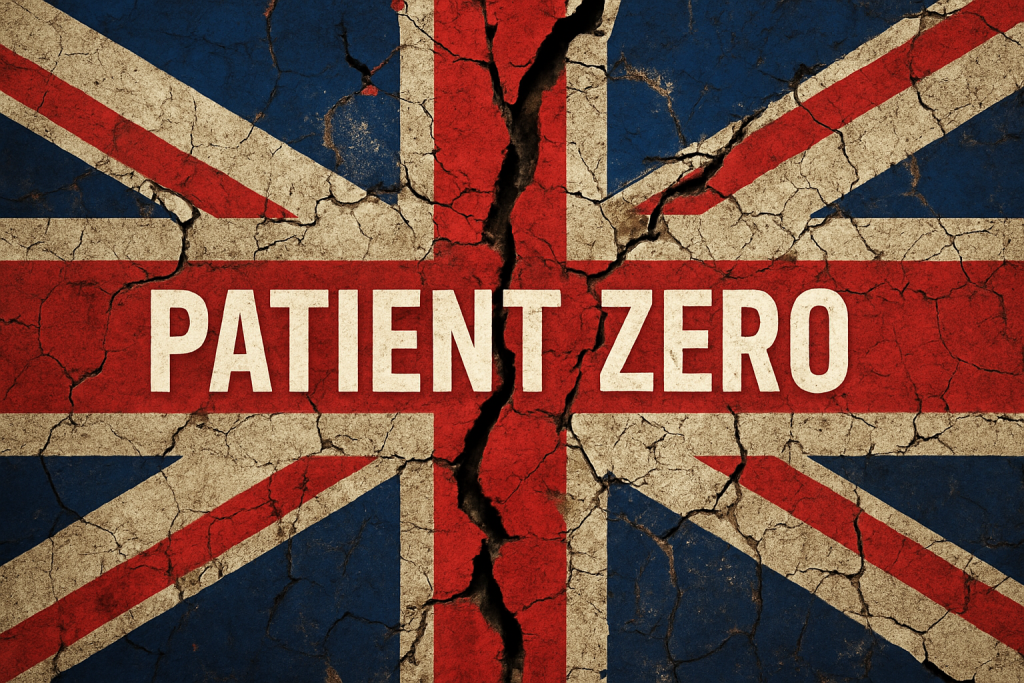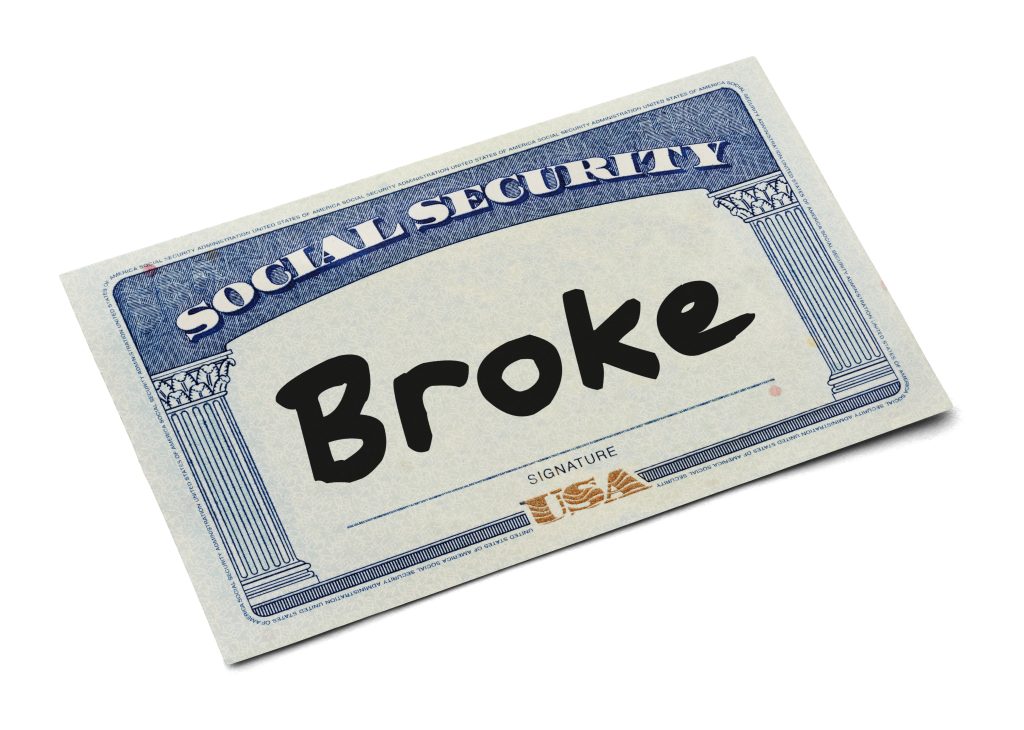Some time in the year 136 AD, in the ancient town of Lanuvium located just south of Rome, a private club known as the ‘Society of Diana and Antinous’ hired a local scribe to chisel the group’s bylaws onto a large marble slab.
You can just imagine the club’s Board of Directors hovering over the scribe to check his work as they dictated the inscription line by line.
The slab still exists today, and it lists the club’s regulations, major donors, and even birthdays of founding members.
It also shows the initiation fee for new members: 100 sestertii, roughly $440 in today’s money based on modern gold and silver prices. The annual dues were an additional 24 sestertii per year.
So what exactly did the members of this ancient club receive in exchange for their dues? Peace of mind.
That’s because the Society of Diana and Antinous was what was known as a ‘burial society’ or collegia tenuiorum. We would think of it today as a rudimentary insurance policy.
Life in ancient Rome, even during the empire’s Golden Age, was fraught with risk. War, fire, famine, and plague were constant threats. Many jobs (like mining) were exceptionally hazardous. And occasionally a natural disaster like an earthquake or volcano eruption would strike.
Romans knew these risks were a normal part of life. But death was very expensive—as it still is today. So, given the very real risk of an untimely and expensive death, ancient Romans created private groups like the Society of Diana and Antinous to help offset burial costs in a sensible way.
In the event of a member’s untimely demise, the club would pay for the burial, easing the financial strain on the deceased’s family.
Insurance has obviously evolved substantially over the past 19 centuries… but the basic concept remains the same: mitigate obvious and critical risks in a sensible way.
Most people today have fire or flood insurance for their homes, collision insurance for their vehicles, and even life insurance to protect their families. These are all sensible precautions that any rational person might take.
But there are a number of far greater risks lurking that don’t come with a traditional insurance policy.
While I am an optimist at heart and believe that nearly all major challenges are entirely fixable, it’s not controversial anymore to say that much of the West is a complete mess.
Most of Europe has been importing rape and violence under the banner of multiculturalism at an astonishing pace; France can’t seem to destroy itself fast enough.
And, according to recent data published by the European parliament, nearly half of Europeans say their standard of living is falling thanks to multiple, never-ending crises.
Then there’s the US, which, while comparatively better off than Europe, has its own unique dumpster fire of chaos.
The national debt stands at over 120% of GDP as the government continues to borrow more; in fact the US national debt has increased by $1 trillion in just the last two months.
The US dollar is in serious danger of losing dominant market share as the global reserve currency. And the Federal Reserve– the US central bank– is insolvent.
Social Security’s key trust funds are also within a decade of running out of money.
Every major city has seen crime surge. Socialist politicians are rising in popularity. And Americans have lost faith in every major institution, from education and the justice department to news media and Big Tech.
These are clear risks which barely scratch the surface of America’s list of problems.
Like traditional, “insurable” risks (like a collision policy for your vehicle), some of the above risks are quite simple to quantify, visualize, and mitigate.
Social Security’s trustees state in their annual report, for example, that the program will have to slash benefits once it runs out of money in a decade. This isn’t even a risk… it’s a near-certainty. And that makes it easy to visualize: any Social Security beneficiary can easily quantify the cost of their benefits being slashed.
(It’s also easy to mitigate this risk— like setting up a solo 401(k) structure and putting more money away for retirement.)
But some risks are really nebulous. For example, it should be obvious that the US is a deeply divided society that is deteriorating quickly. Just think about how much has changed in the past decade alone.
But where will American society be ten years from now? It’s hard to say.
It’s much harder to predict the future of social trends than it is to map out the trajectory of the national debt or Social Security, which are really just arithmetic problems.
And this is ultimately what makes a second passport so useful: a second passport is like an insurance policy for all of the ‘hard to define’ non-financial risks that we cannot predict or quantify.
Of course, a second passport isn’t some magical document that will solve all your problems. It’s not going to make inflation go away, convince politicians to do what’s in the best interest of the nation, or save the dollar.
But it does mean that, no matter what, you and your family will always have a place to go if you ever need it.
A sensible insurance policy is also usually low cost; a good home insurance policy should cost a small percentage of the home’s value.
Likewise, a second passport is not something you need to spend a fortune on.
Sure, you can spend close to $1 million if you want to gain citizenship through investment in Malta. You could also spend closer to $100,000 for one of the Caribbean programs.
Or, it could cost next to nothing.
Many people qualify for citizenship by descent that allows you to reclaim your ancestors’ citizenship.
Or you could find a foreign country that you enjoy spending time in and naturalize after as little as two years of residency.
The whole concept of a Plan B is that it’s an insurance policy that allows you to come at all the future unknowns from a position of strength.
And a second passport might be a useful part of that.
A lot of people probably think they will never need it. And hopefully you don’t. Hopefully you don’t need your home insurance policy either.
But if the day comes and you do need it, it will be too late to start working on it.








